
Neurology News Network for the week ending June 6, 2020.

Neurology News Network for the week ending June 6, 2020.

Head of Global Clinical Development in Neurology at EMD Serono discussed the findings of a phase 2 assessment of the company’s investigational BTK inhibitor evobrutinib in multiple sclerosis.

Take 5 minutes to catch up on NeurologyLive's highlights from the week ending June 5, 2020.
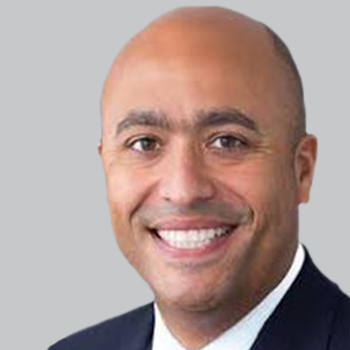
The Adamas Pharmaceuticals agent has a PDUFA action date of February 1, 2021, as a treatment for off episodes in patients with Parkinson disease who are receiving levodopa-based therapy.
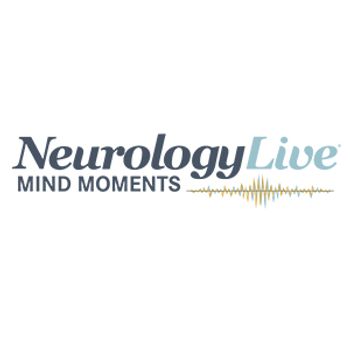
"Mind Moments," a podcast from NeurologyLive, brings you an exclusive interview with Shadi Yaghi, MD.

The Nippon Shinkyaku therapy also showed no treatment-emergent adverse events that required reduction, interruption, or discontinuation of the treatment.

The GERA-US study assessed societal costs associated with MCI and mild dementia, and caring for someone with Alzheimer disease, and was the first such study to show how the early stages of cognitive decline economically impact both patients and their caregivers.

Post-hoc data presented at the EAN Congress suggest patients with dyskinesia prior to starting treatment on the Kyowa Kirin agent were more likely to experience dyskinesia as an adverse event during treatment.
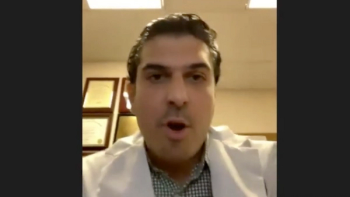
The assistant professor and director of Clinical Vascular Neurology Research at NYU Langone shares his reaction to data that has been published and what needs to be researched going forward.

Non-work-related activity impairment was statistically significantly reduced in the galcanezumab group compared to placebo.

The chief of pediatric neurology at the University of Tennessee Health Science Center, and director of the Comprehensive Epilepsy Program at Le Bonheur Children's Hospital spoke to the difficulty in connecting with colleagues with virtual meetings.

Incident impulse control disorder behaviors through the 5-year follow-up period were correlated with dopamine agonist use and depression, but not with age.

Raising glucose levels may prove to be a simple and novel technique for the prevention and treatment of post-dural puncture headache.

The anti-CD20 monoclonal antibody had an original PDUFA date of June 2020.

The professor and head of the department of neurology at the University of Minnesota spoke to the recent findings of a study of Boston Scientific's multiple independent contact current-controlled device for deep brain stimulation.

Cenobamate may offer a potential treatment option for patients who continue to have seizures despite the use of available treatments.

The study authors noted that the findings suggest that integrating a cost-effective and safe intervention such as yoga into the management of migraine would be beneficial.

The chief of pediatric neurology at the University of Tennessee Health Science Center, and director of the Comprehensive Epilepsy Program at Le Bonheur Children's Hospital discussed the current state of research in epilepsy care.

Topline results from the phase 3 trial of arimoclomol are expected to be announced in the first half of 2021.

The professor and head of the department of neurology at the University of Minnesota discussed what multiple independent contact current-controlled devices offer physicians conducting deep brain stimulation.

This is the first regulatory approval for aspirin plus ticagrelor dual antiplatelet therapy in patients who have a high cardiovascular event risk, but without a history of heart attack or stroke.

The agent’s developer, Argenx, stated that it plans on submitting a biologics license application (BLA) to the FDA by the end of 2020.

The vice president of Global Program Leadership in Neurology and Immunology at EMD Serono discussed the recent long-term phase 2 data on evobrutinib presented at CMSC 2020.

From post-implantation screening to 3 months, those in the active treatment arm reported a mean improvement of 3.03 more hours of on time than the control group with Boston Scientific’s deep brain stimulation device.

Patients with acute large ischemic and hemorrhage stroke had much higher mortality risk adjusted for age.

Neurology News Network for the week ending May 30, 2020.
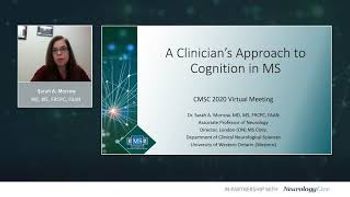
Sarah Morrow, MD, MS, presents her lecture titled, "A Clinician’s Guide to Cognition in MS" as part of the 2020 CMSC Virtual Annual Meeting.

Jennifer Graves, MD, PhD, presents her lecture titled, "The Role of Biological Aging in MS Progression" as part of the 2020 CMSC Virtual Annual Meeting.

Riley Bove, MD, presents her lecture titled, "Caring for Women Across the Reproductive Lifespan" as part of the 2020 CMSC Virtual Annual Meeting.
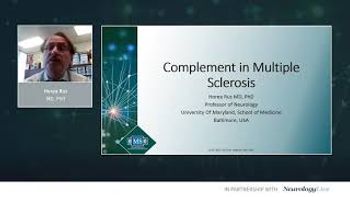
Horea Rus, MD, PhD, delivers his lecture titled, "The Role of Complement in MS" as part of the 2020 CMSC Virtual Annual Meeting.